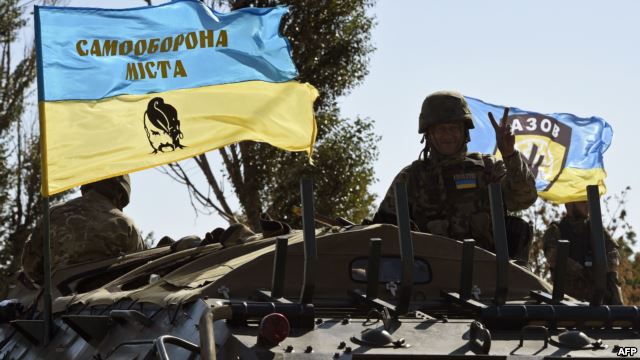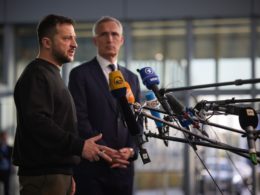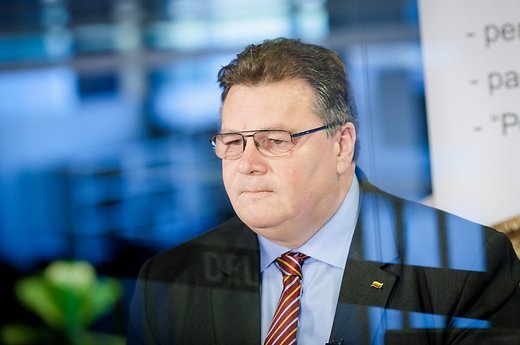The EU Council on Foreign Relations examines how EU countries are supporting Ukraine's reforms in a report from 5 October 2016 titled "Keeping up appearances: How Europe is supporting Ukraine’s transformation." Here we offer the key findings of the report (scroll down for the Tableau wiz to find out more about separate countries).
[hr]Ukrainian reforms are not just about improving transparency of the state apparatus in Ukraine, but often involve a complete overhaul of state processes; essentially, it is "de-Sovietization," as Ukraine was one of the most "Sovietized" republics in the USSR. This is why effective reform has eluded Ukraine for such a long time.
Over the last two years, despite Russian aggression, Ukraine has made great strides in some sectors of reforms, especially the defence sector, the banking sector, and the agricultural sector. But reforms in key state institutions have failed to deliver results.
Having helped reform efforts in other post-communist countries, the EU is in a strong position to help Ukraine and on the whole, support from the EU has been a success to date. But it has not helped spur effective judicial and administrative reform, which is essential for all other transformation. Instead, much energy was wasted on the Minsk process, which is locked in a stalemate. Also, there is a regional divide in the willingness of EU member states to assist Ukraine, which undermines the EU's effectiveness as a political player: the northern and eastern member states actively support Ukraine's transition, there is a lack of engagement by many western and southern member states.
The report divides EU countries into three categories:
Leaders - EU countries that make a significant contribution in supporting Ukraine and contribute politically to EU efforts to support Ukraine and counteract Russian aggression. The Leaders have a proactive position and are engaged in the Ukrainian reform process. Reforms in Ukraine are a priority for their foreign affairs offices. Germany, Great Britain, Sweden, Poland, Latvia, Lithuania, Estonia, Denmark, Finland, Romania, Slovakia, and Bulgaria are in this group.
Fence-sitters are member states that either fail to contribute significantly to the EU's efforts or fail to facilitate them. Fence-sitters are member states that have to balance their economic or political interests in the EU and vis-à-vis Ukraine with interests in other fields. These member states do not hinder the EU's efforts, but are not always proactive in pushing them forward. The fence-sitters on Ukraine reforms are, in order, France, the Netherlands, Belgium, Czech Republic, Ireland, Hungary, Portugal, Slovenia, Spain, Croatia, Luxembourg, Malta, and Cyprus.
None of the slackers have openly sabotaged reform efforts or have rolledback sanctions, but they have attempted to confine the EU's Ukraine policy to an absolute minimum and their stance on Ukraine is largely determined by their desire to preserve positive relations with Moscow. The slackers on Ukraine reforms are, in order, Greece, Austria, and Italy.





